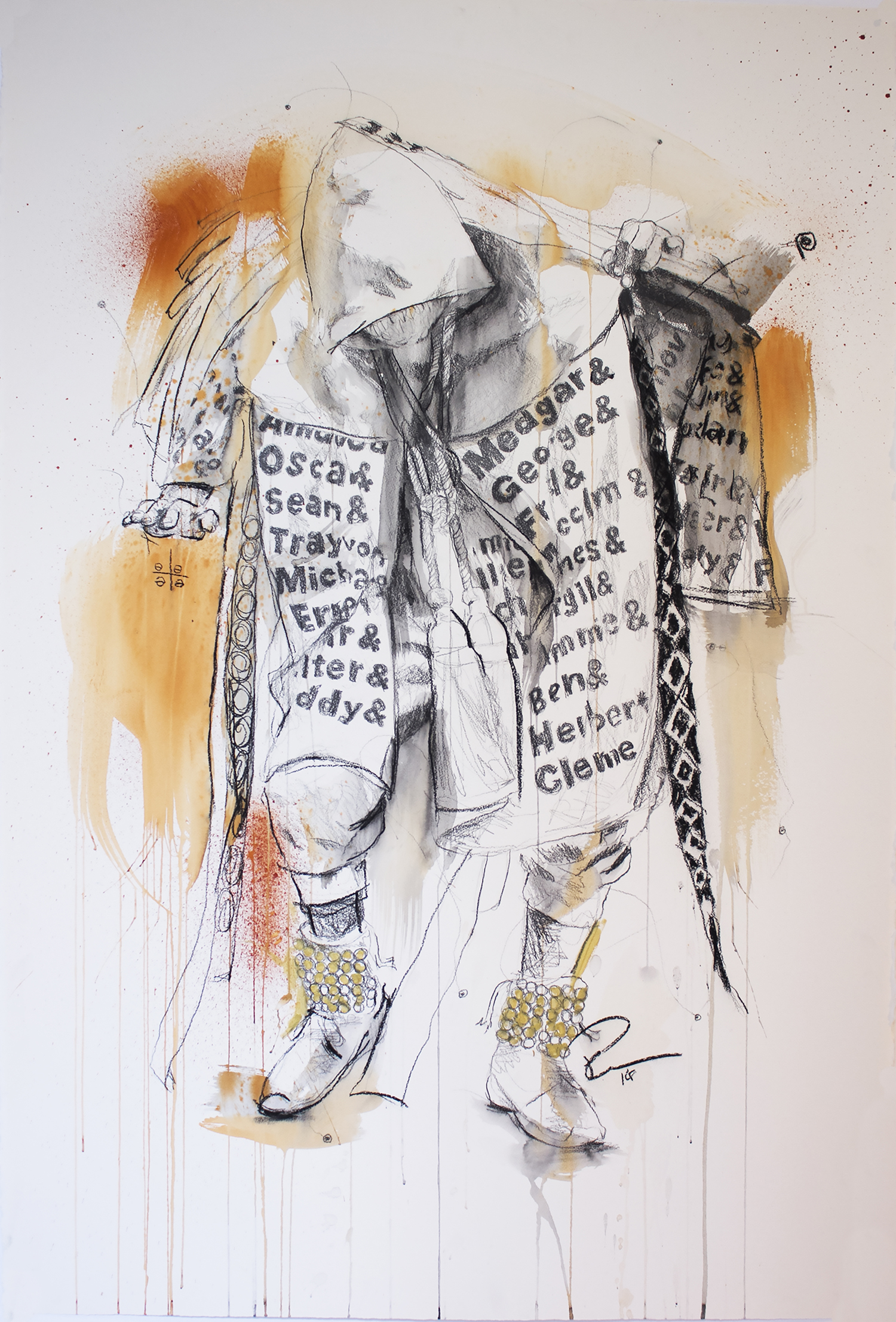
Public Seminar Special Issue “Teaching While Black” Explores Challenges Faced by Leading Scholars at Colleges and Universities
The past few years have brought to light many of the challenges facing Black scholars working in academia. Conservatives have unleashed attacks against critical race theory and any mention of race in classrooms and textbooks. The University of North Carolina–Chapel Hill’s decision to hire Pulitzer Prize–winning journalist Nikole Hannah-Jones as the Knight Chair in Race and Investigative Journalism but not grant her tenure, unlike every other holder of the position dating back to the 1980s, spotlighted the way racism can enter into the hiring process. At the same time, the Black Lives Matter movement brought public attention to the ongoing discrimination Black Americans experience on a daily basis. These events, and others, were the catalyst for Public Seminar’s special issue “Teaching While Black,” which addresses the importance of discussions around race, especially as institutions grapple with a decline in the number of Black scholars considering careers in academia.
“Teaching While Black” features essays by and interviews with 15 scholars working at a range of higher education institutions. Co-edited by New School president and University Professor Dwight A. McBride; James Baldwin Review’s managing editor, Justin A. Joyce; and Public Seminar’s co-executive editor and New School history professor Claire Potter, the issue offers readers a range of powerful reflections on the authors’ lives as Black academics that speak broadly to the dilemmas faced by people of color in the academy. The issue also features artwork by pioneering interdisciplinary artist and scholar Dr. Fahamu Pecou, whose work combines fine arts, hip-hop, Yoruba spirituality, and popular culture, often in meditations on Blackness and masculinity, presenting Blackness in ways that aren’t usually seen in the art world.
“As the contributions in this special issue of Public Seminar make abundantly and often painfully clear, teaching as a person of color in the predominately white spaces of higher education presents challenges far beyond the demands of the actual job,” writes McBride in his introduction to the issue.
The editors were inspired to create the special issue by the need to confront the reasons academia tends to drive talented, highly-educated Black students away from careers in higher education. “We don’t really talk about that much on an institutional level—but any Black colleague could tell you in detail what a struggle it is to make it through to a faculty position. So I wanted our readers to actually hear those voices and come to terms with those experiences. And it’s important to note that all of our writers are extremely successful people, so the fact that they face barriers to equal university citizenship every day is alarming and an important clue to why there are too few Black scholars in the pipeline to tenure-track positions,” says Potter.
The contributors work at public, private, and HBCU institutions and offer insight into a variety of issues scholars face at these schools. The two lead stories, an interview with University of Chicago political scientist Cathy Cohen and an essay written by McBride, address the pathways to success of two academics both of whom are gay and were the first in their families to attend college. Spelman literary scholar Beverly Guy-Sheftall reflects on the power of women’s studies to create spaces for resistance. Occidental historian Erica Ball explores the many ways she has been asked to be “Black.” Gina Athena Ulysse, an anthropologist and performance artist at UC-Santa Cruz, addresses the overwork that makes Black women sick. Emory law professor Dorothy Brown discusses the barriers to success faced by Black women—including the obligation to constantly serve as representative figures, which sucks time away from scholarship—and how she learned to navigate them. Religion scholar Sylvester Johnson speaks to the importance of recognizing experiences with racism as a common reality that faculty and students share. The issue also includes an excerpt from an essay in Teaching Black: The Craft of Teaching on Black Life and Literature, an anthology edited by Ana-Maurine Lara and drea brown on the importance of using Black texts in the classroom.
Artwork by Dr. Pecou appears throughout “Teaching While Black,” unifying the issue through visuals and graphics that express the pain and joy of the Black intellectual and creative experience. “This was Dr. McBride’s idea, and it is also something we have never done before: tying together a special issue with graphics,” says Potter. “When I saw samples of the work, I was blown away by them, and this might be a change in our approach to special issues in the future. I would like Public Seminar to serve as a platform for visual artists in the future, and it might be a great way to showcase some of the many young creatives at Parsons School of Design as well.”
Potter is quick to point out that, apart from her role as the interviewer of University of Chicago political scientist Cathy Cohen, this is an all-Black issue. “That was intentional, because Public Seminar works hard to get work by Black authors, and we have only been partially successful. We want it to send a signal that Public Seminar is committed to featuring the work of Black authors. What was wonderful is that I think nearly all but one or two people we asked not only accepted our commission but were able to complete it. I’m very grateful for that, since one of the themes that threads throughout these essays is overwork and the overwhelming workload of minority faculty. But we clearly struck a nerve,” Potter says.